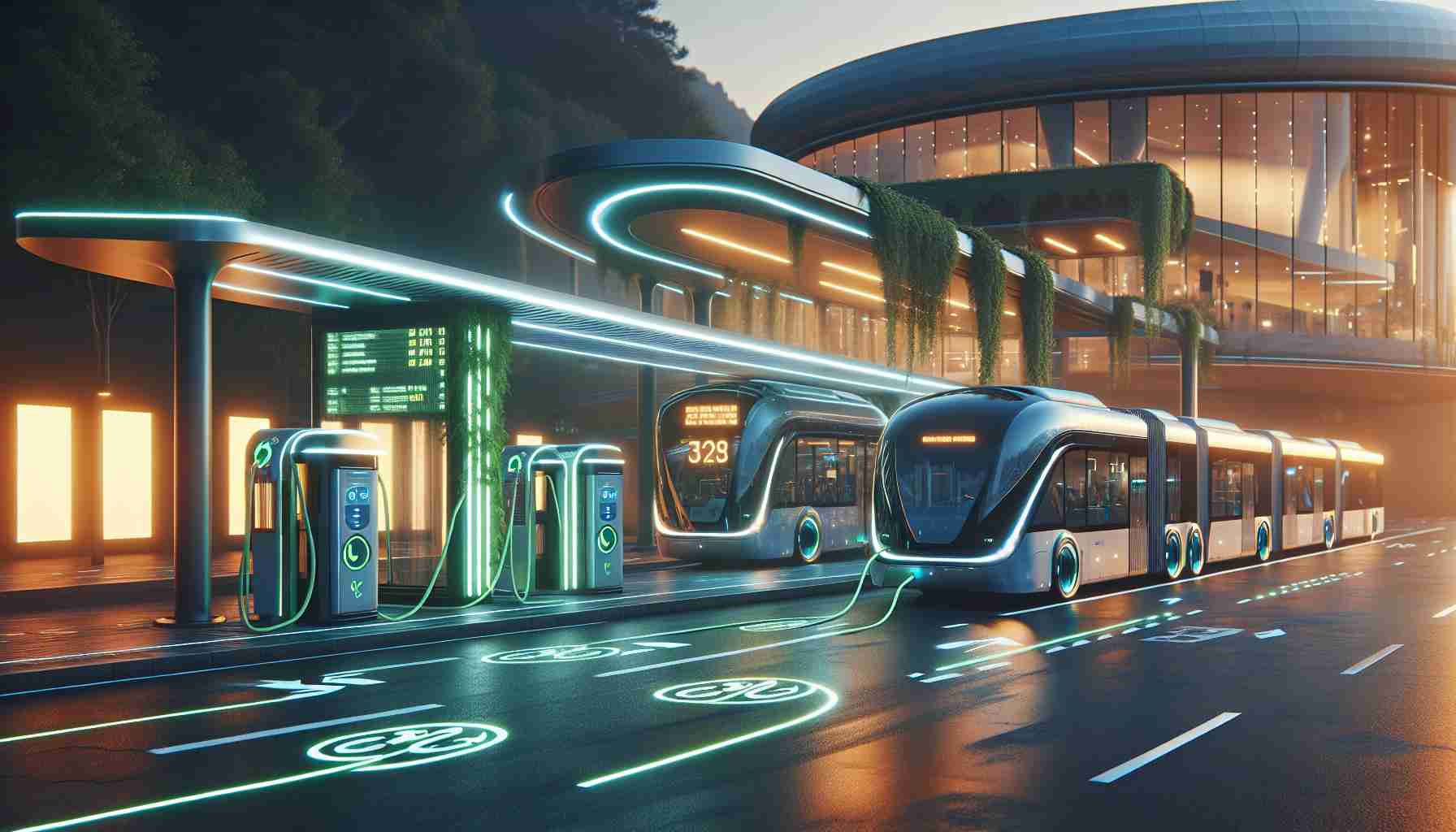The global electric bus market is on a rapid ascent, with significant growth projected over the coming years. A recent analysis forecasts the market to leap from $33.04 billion in 2023 to $37.17 billion in 2024, boasting a robust compound annual growth rate (CAGR) of 12.5%. This expansion is primarily fueled by various factors, including advancements in manufacturing processes, enhanced public perception, and improvements in charging infrastructure.
Governments worldwide are playing a crucial role in this boom. Numerous initiatives aim to transform urban public transport into a more sustainable and efficient system using electric buses. For example, a notable effort in India aims to consolidate knowledge about electric bus adoption and facilitate collaboration among various stakeholders.
The forecast period expects the market to reach an impressive $57.51 billion by 2028 at a CAGR of 11.5%. This growth will be driven by increased demand for eco-friendly transportation, advancements in battery technology, and strategic government policies.
Technological advancement is at the heart of this sector’s evolution. Companies are investing in cutting-edge technology to enhance the performance and efficiency of electric buses. In California, a significant project has been launched to meet zero-emission goals, demonstrating a commitment to sustainability and economic viability.
Asia-Pacific stands out as a leader in this market, with rapid growth expected to continue. Stakeholders in the electric bus industry are set to benefit from comprehensive insights and strategic advantages, enabling them to thrive in this dynamic landscape.
The Electric Bus Market: Thriving on Innovation and Government Initiatives
The electric bus sector is not just on a growth trajectory but is also revolutionizing transportation logistics globally. Poised to grow from $33.04 billion in 2023 to $57.51 billion in 2028, the industry expects a compound annual growth rate (CAGR) exceeding 11% in the coming years. This growth underlines the significant shifts in market dynamics and preferences towards sustainable transport solutions.
Technological Innovations Driving Efficiency
At the core of the electric bus market’s expansion are groundbreaking technological advancements. Companies are leveraging innovations in battery technology to extend range and reduce charging time significantly. For instance, the development of solid-state batteries offers better energy density and safety, promising to further enhance bus performance and operational efficiency.
Government Initiatives Fueling Growth
Governments worldwide play a pivotal role in promoting electric bus adoption. Subsidies, tax incentives, and significant investments in charging infrastructure reflect a global commitment to reducing carbon footprints. In countries like India, strategic collaborations are being rooted to share knowledge and drive the shift towards cleaner public transport systems.
In the United States, sectors like California have initiated ambitious projects aligning with zero-emission targets. These projects not only address environmental concerns but also pave the way for long-term economic benefits by creating jobs and fostering technological bonds.
Asia-Pacific: The Growth Leader
Asia-Pacific is leading the electric bus market expansion, credited to substantial government support, technological adaptation, and a rising demand for eco-friendly transportation. China’s aggressive push for electric bus production and the adoption of sustainable transport solutions have cemented the region’s dominance.
Strategic Insights and Market Dynamics
The burgeoning electric bus market invites vibrant strategic insights. Stakeholders can leverage advanced analytics and market predictions to make informed decisions, tapping into new business models and partnerships. This evolving landscape demands attention to policy trends, consumer demands, and environmental impacts.
Concluding Thoughts
While the market is witnessing dynamic changes, upcoming challenges revolve around infrastructure development and cost management. Strategic planning, robust government policies, and continuous R&D will prove essential for realizing the full potential of electric buses. Stay informed on the latest trends and technologies impacting the industry from trusted sources like International Energy Agency.
The move towards electric buses not only signifies flexibility and efficiency in urban transport systems but also marks a substantial stride towards achieving global sustainability goals.







